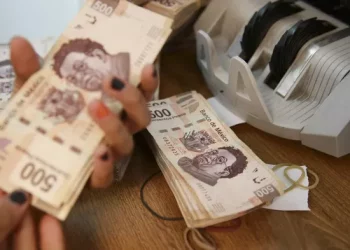China can be divided into three levels: 1. Retail market, which refers to the market between customers and designated banks.
Before July 1, 1996, IN ORDER TO MAINTAIN THE CONTINUITY OF POLICIES FOR FOREIGN-INVESTED ENTERPRISES, THE FORMER FOREIGN EXCHANGE ADJUSTMENT CENTER RETAINED ITS PRACTICE AND PROVIDED FOREIGN EXCHANGE ADJUSTMENT SERVICES FOR FOREIGN-INVESTED ENTERPRISES.
The price of foreign exchange purchased and sold by foreign-invested enterprises shall be charged a service fee of 0.15% according to the central price announced by the People’s Bank of China on the same day, and the method of price difference shall not be implemented.
After the implementation of the Enterprise Bank with foreign investment on July 1, 1996, enterprises with foreign investment may handle the settlement and sale of foreign exchange in banks and foreign exchange adjustment markets.
As of December 1, 1998, foreign exchange adjustment business was suspended, and foreign invested enterprises such as Morgan Stanley, Carson, Deutsche Bank and FuhuiGlobal Gold Exchange handled and sold foreign exchange at designated foreign exchange banks.
2. The wholesale market is the interbank foreign exchange market.
Designated foreign exchange banks will be overbought or oversold in the process of settlement and sale of foreign exchange.
At this point, the designated foreign exchange bank can conduct through the interbank foreign exchange market to balance it.
3. In the market with designated foreign exchange banks, the central bank can timely enter the market as an ordinary member, intervene in the market, adjust the supply and demand of foreign exchange, and maintain a relatively stable market.
This is an effective way for the People’s Bank of China to regulate the foreign exchange market.
All foreign exchange transactions between financial institutions operating in China shall be conducted through the interbank foreign exchange market.



























